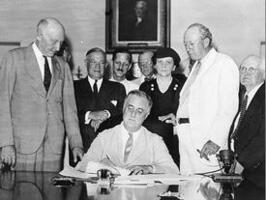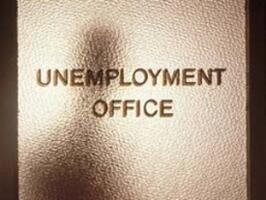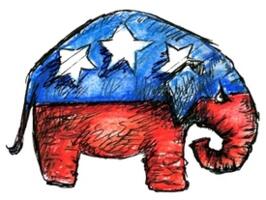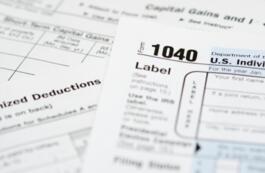49% of Voters Are Pro-Choice, 43% Pro-Life
Election season is officially underway, and although the abortion issue doesn't rank high in terms of voting importance, voters nationwide remain consistent on the topic.
The latest Rasmussen Reports national telephone survey of Likely U.S. Voters shows that 49% are pro-choice when it comes to abortion, while 43% say they are pro-life. (To see survey question wording, click here.)
Want a free daily e-mail update? If it's in the news, it's in our polls). Rasmussen Reports updates are also available on Twitter or Facebook
The national survey of 1,000 Likely Voters was conducted on January 2, 2012 by Rasmussen Reports. The margin of sampling error is +/- 3 percentage points with a 95% level of confidence. Field work for all Rasmussen Reports surveys is conducted by Pulse Opinion Research, LLC. See methodology.







